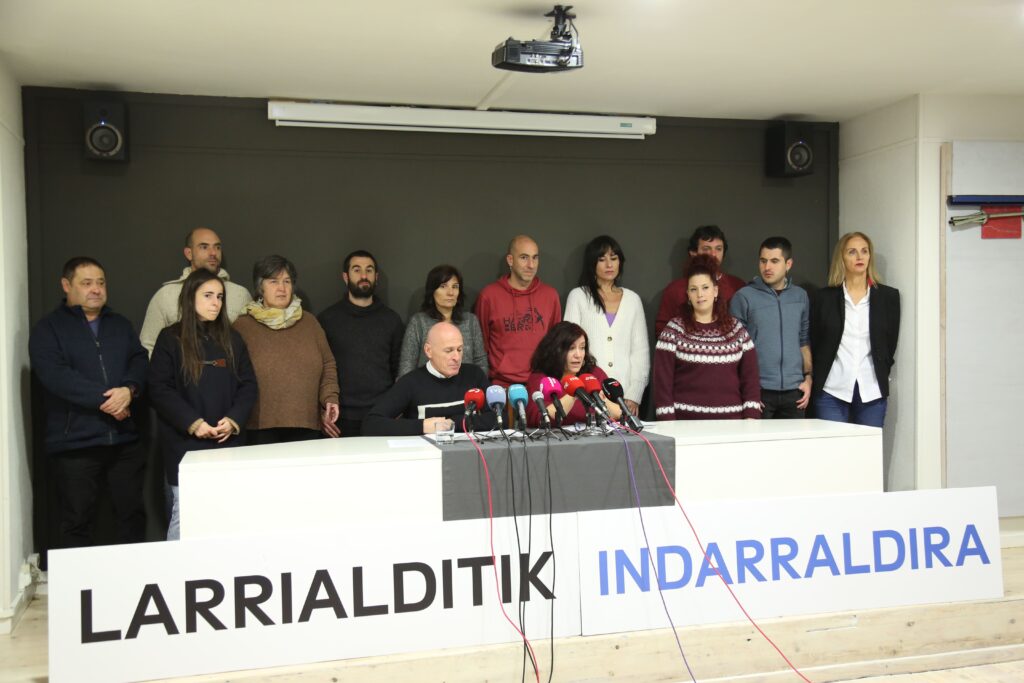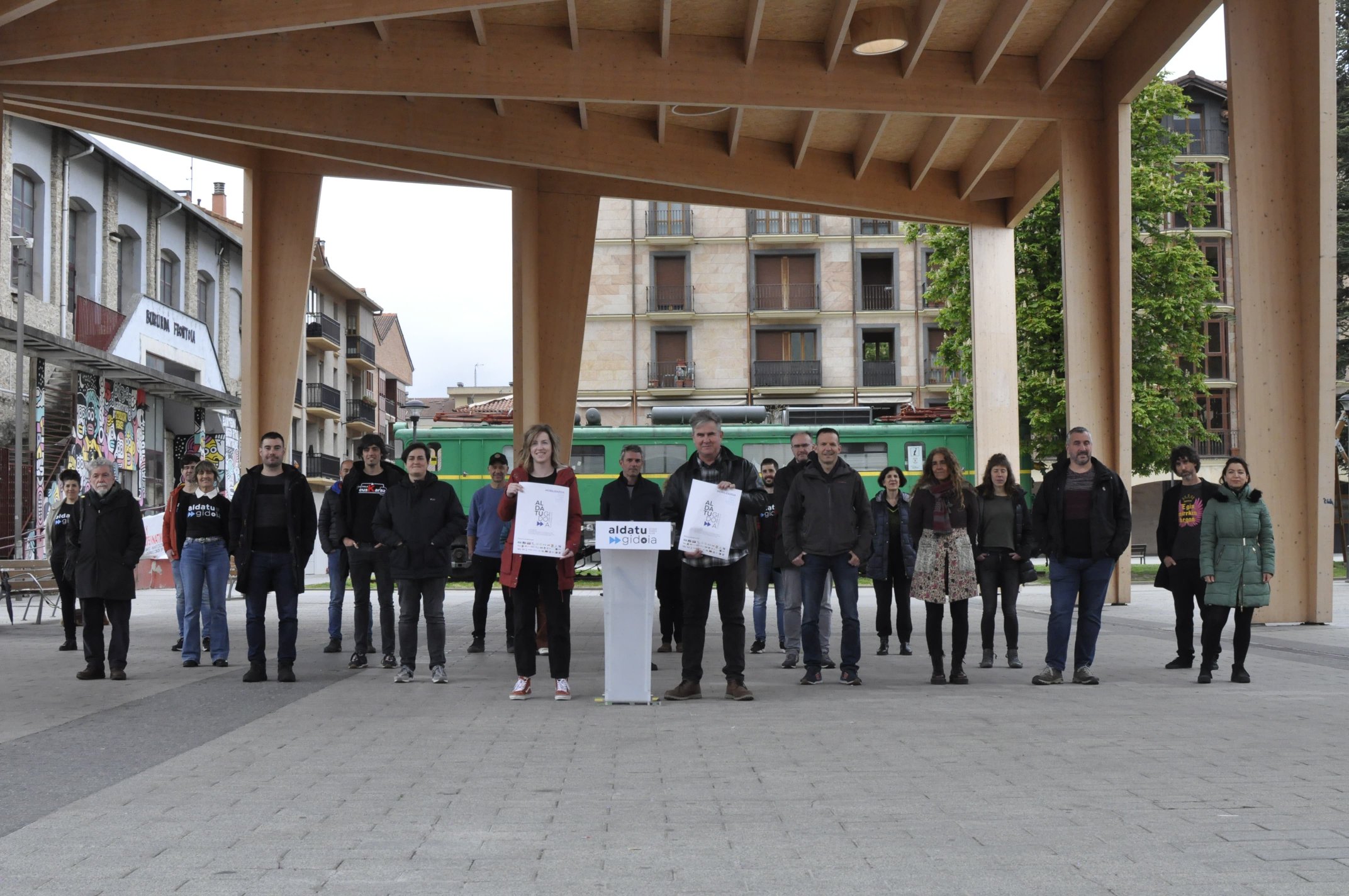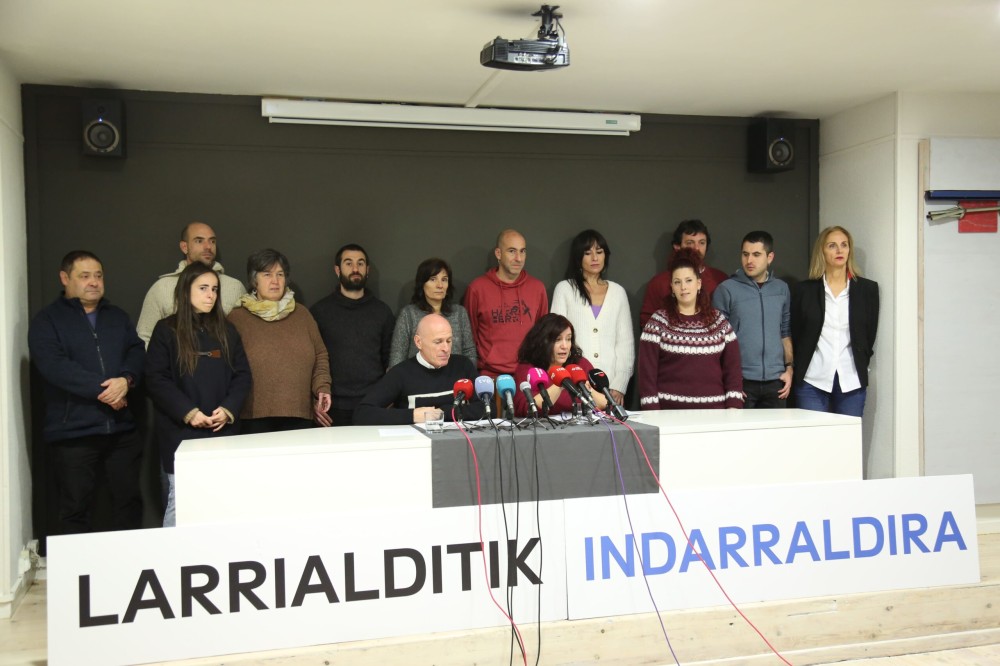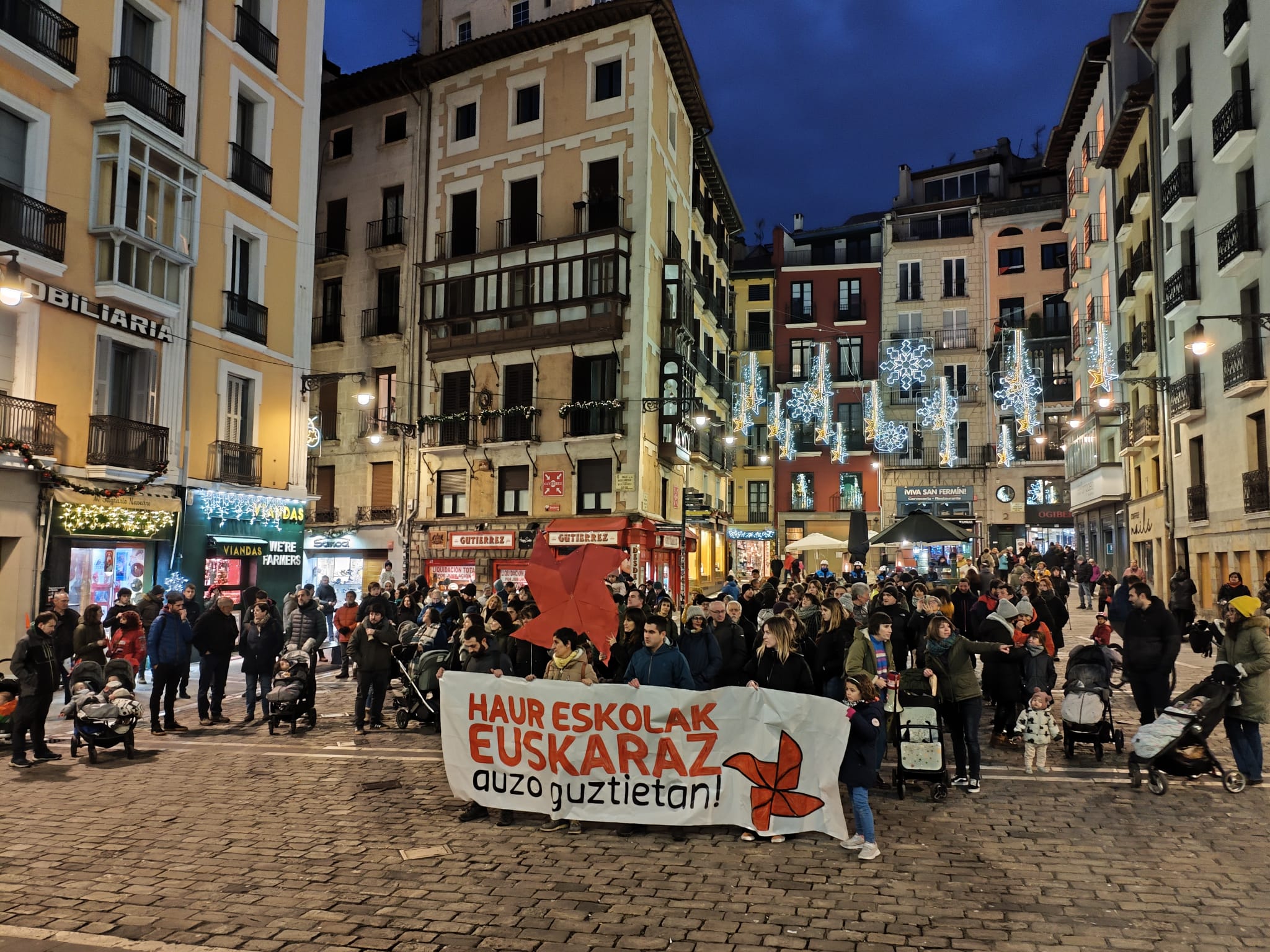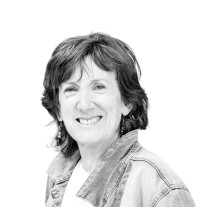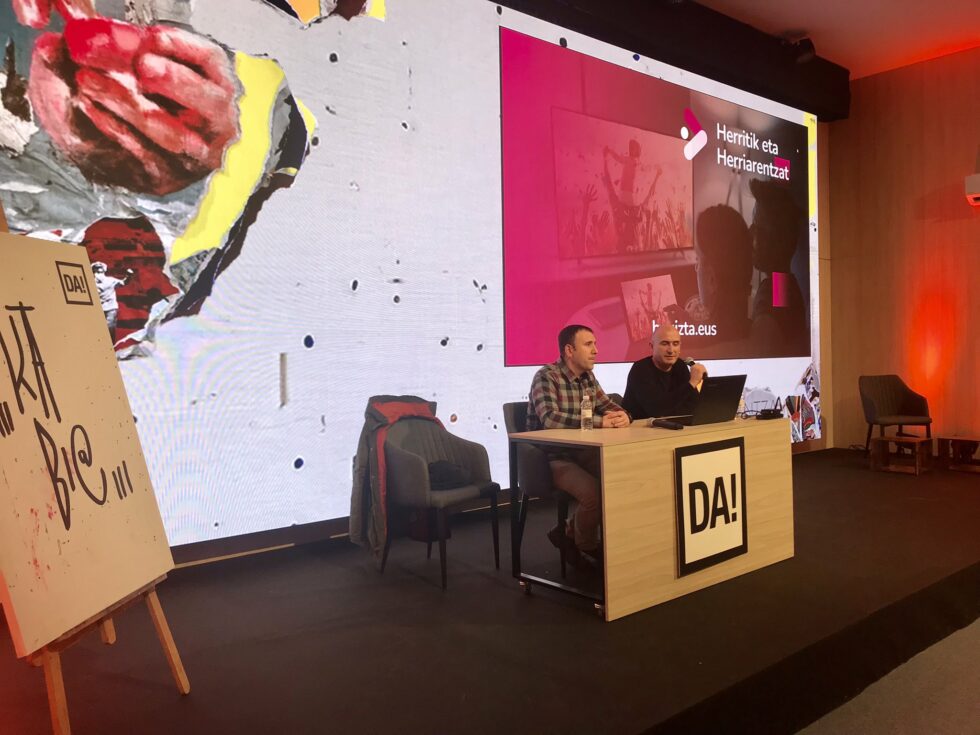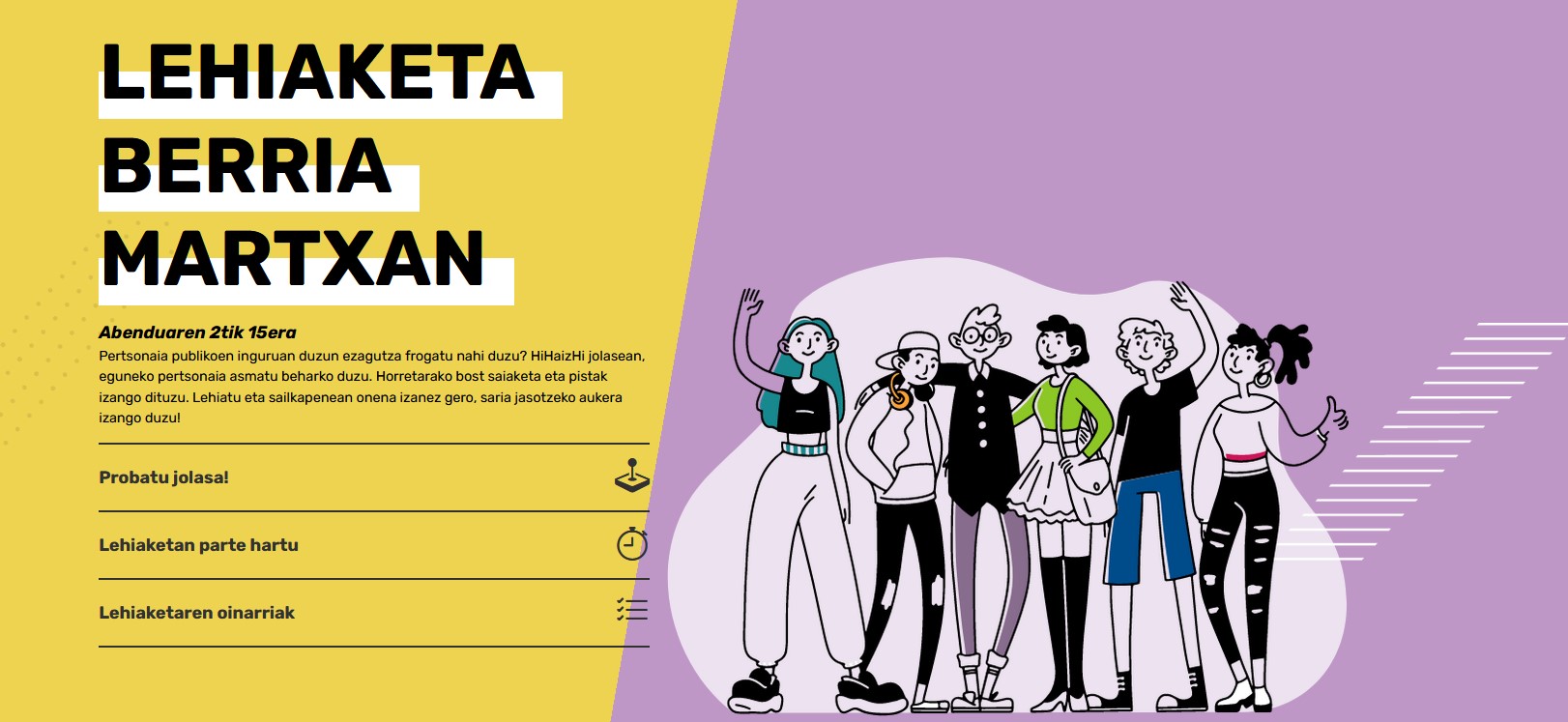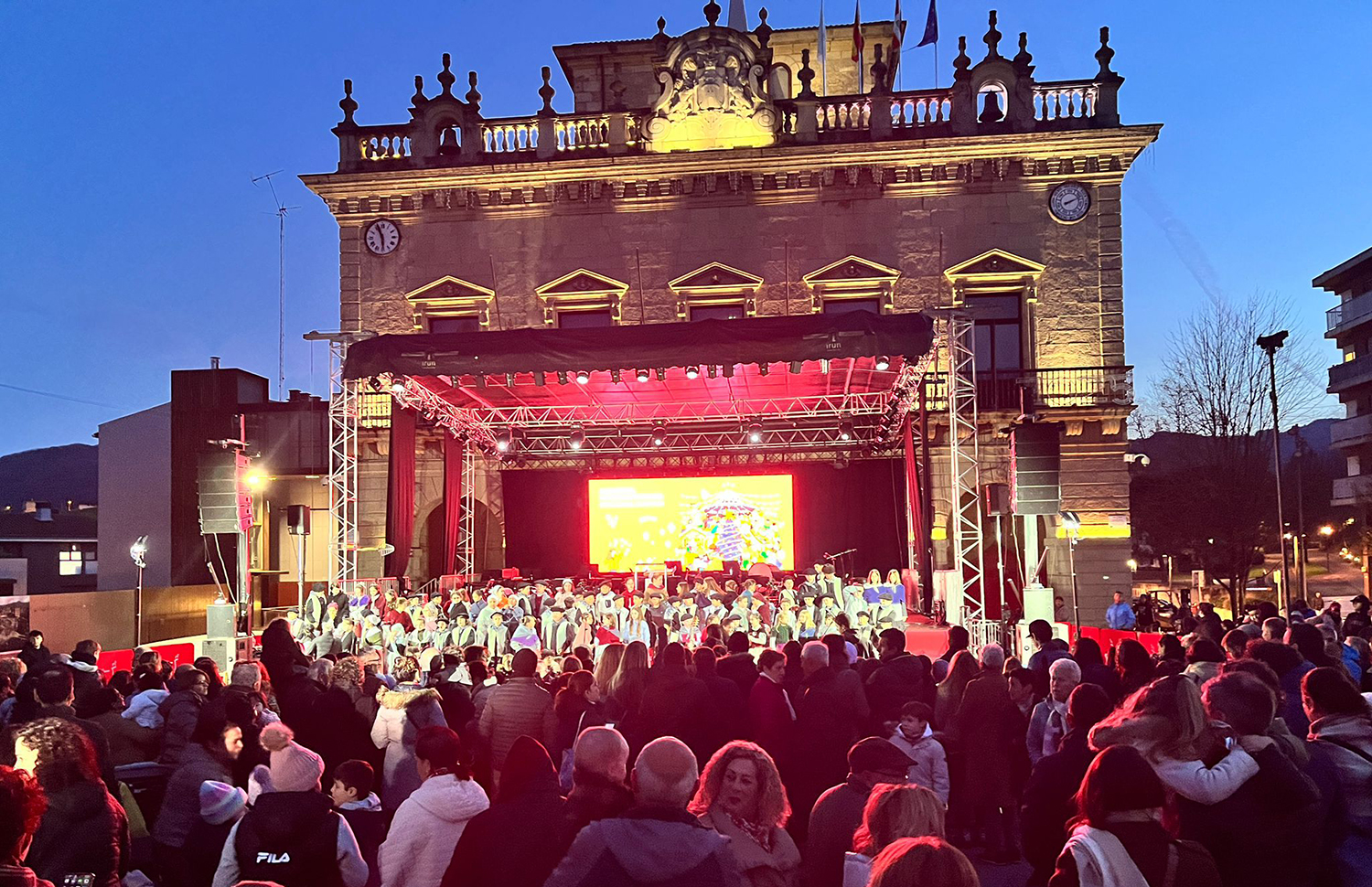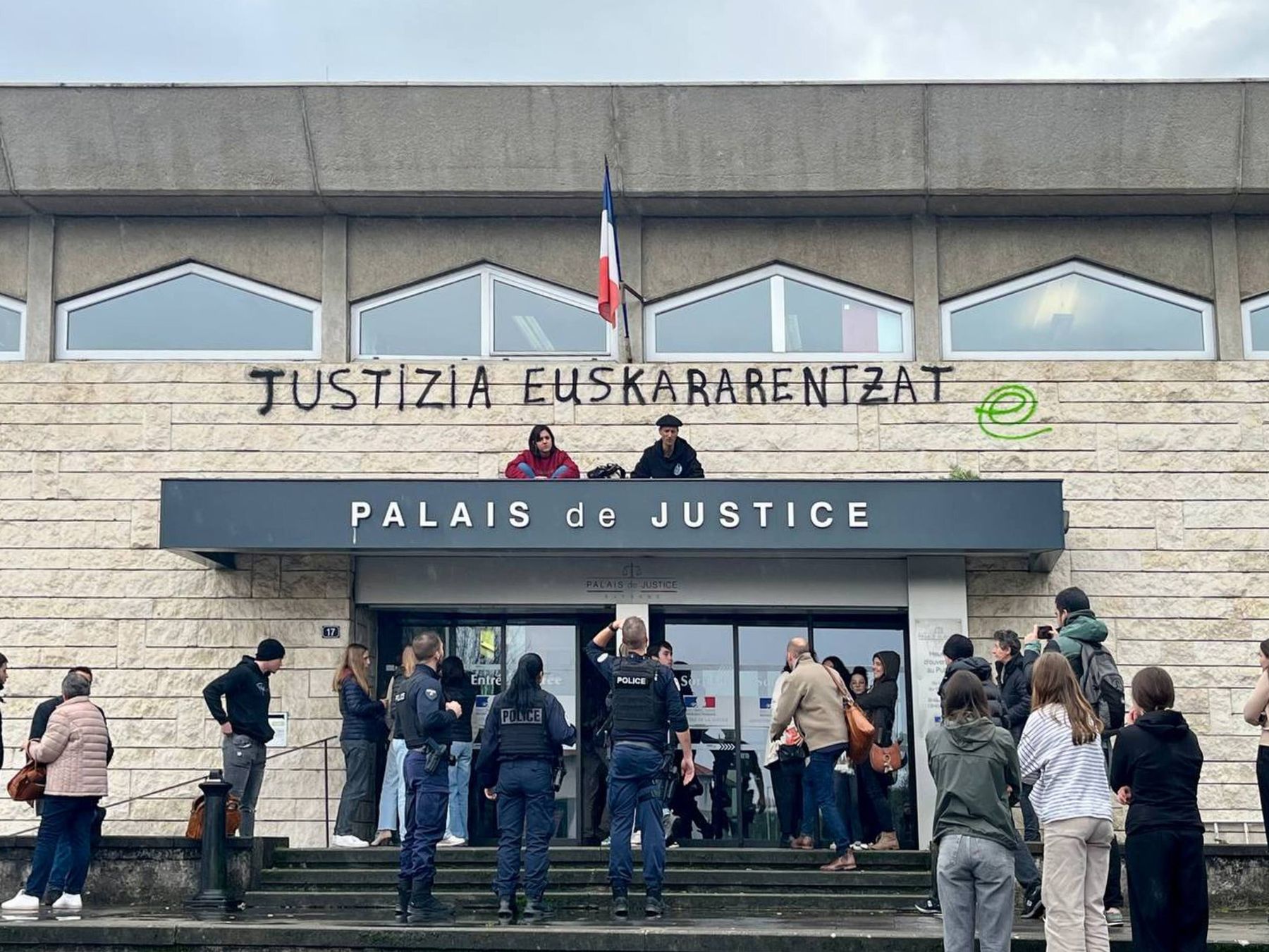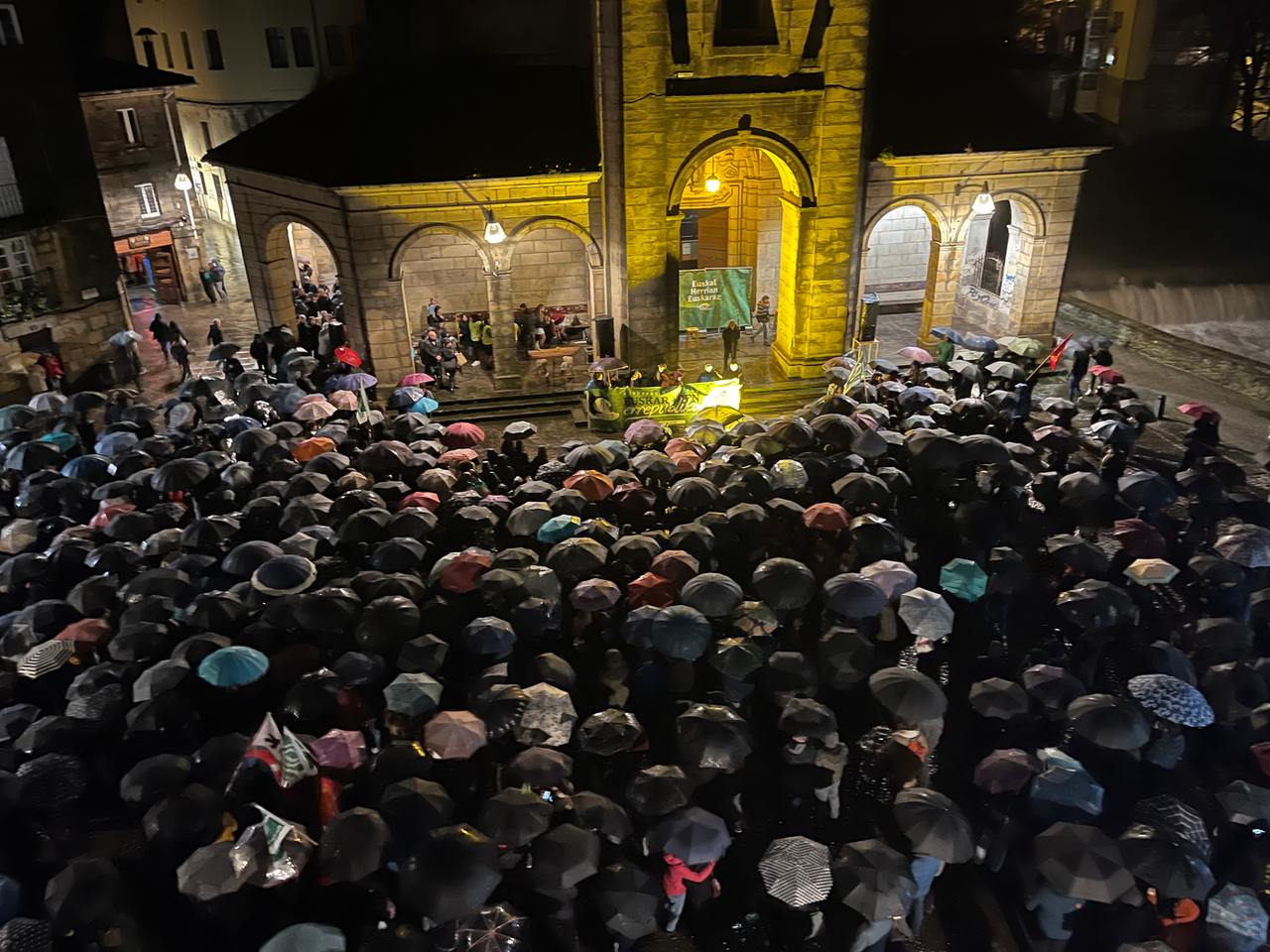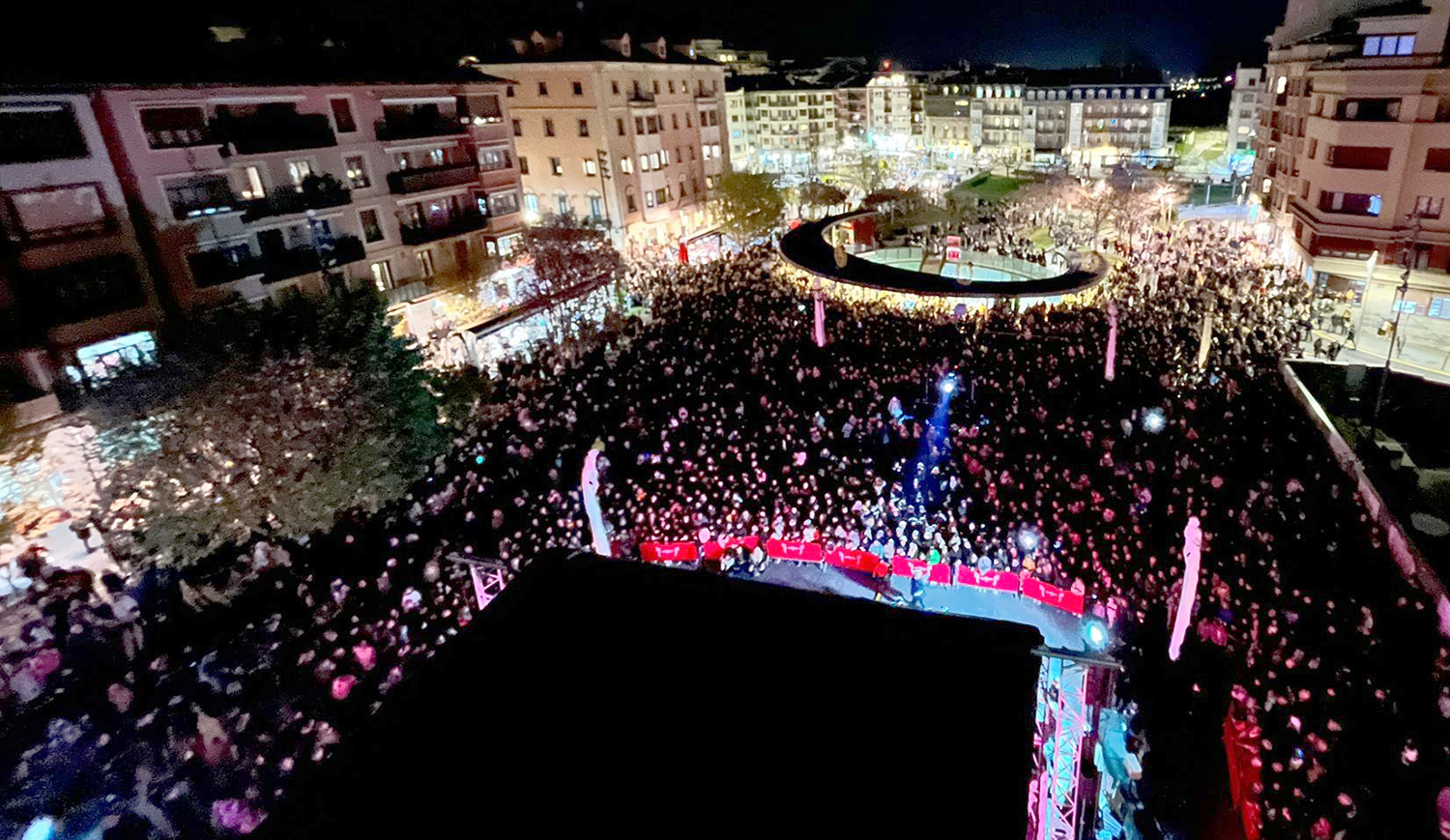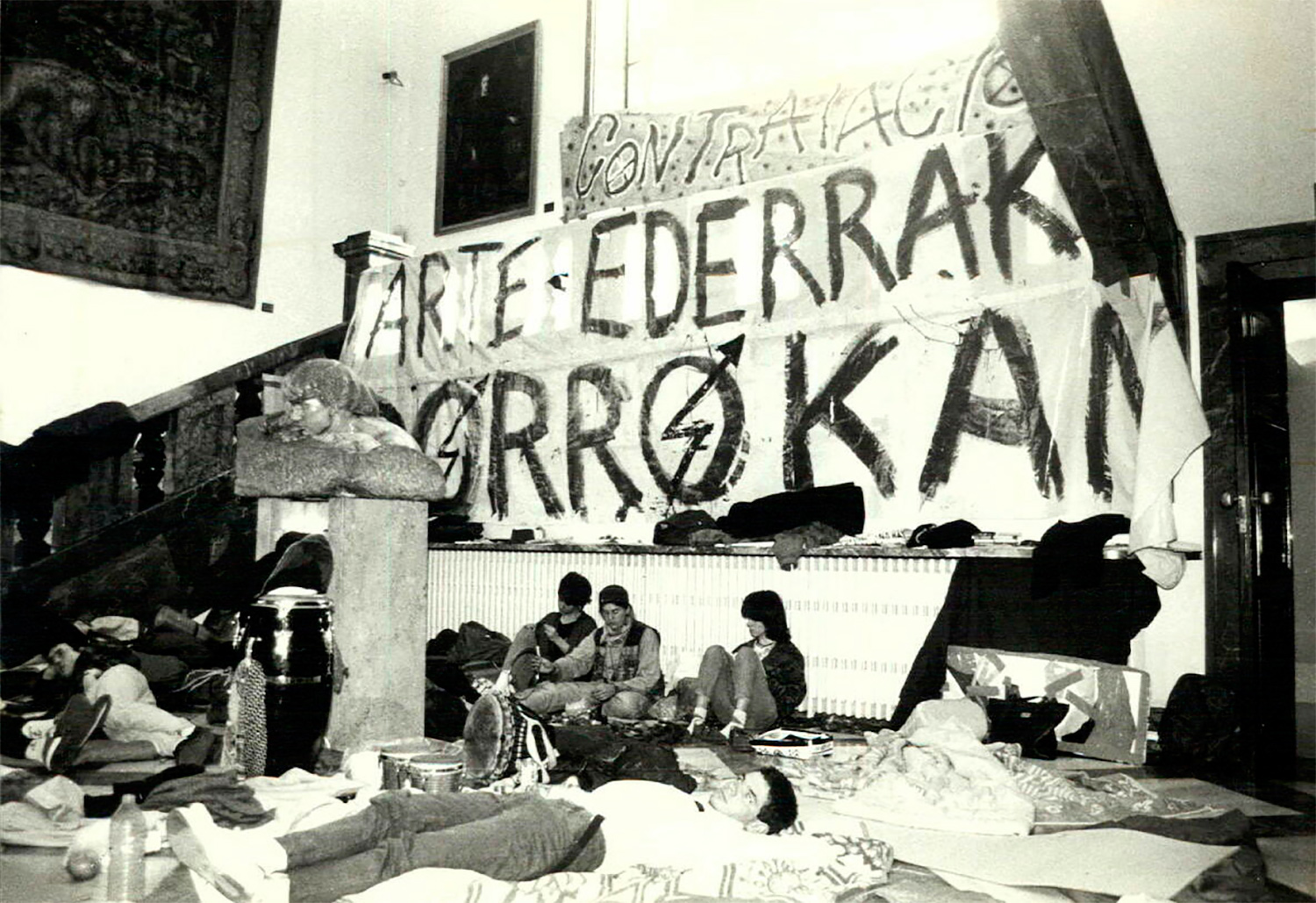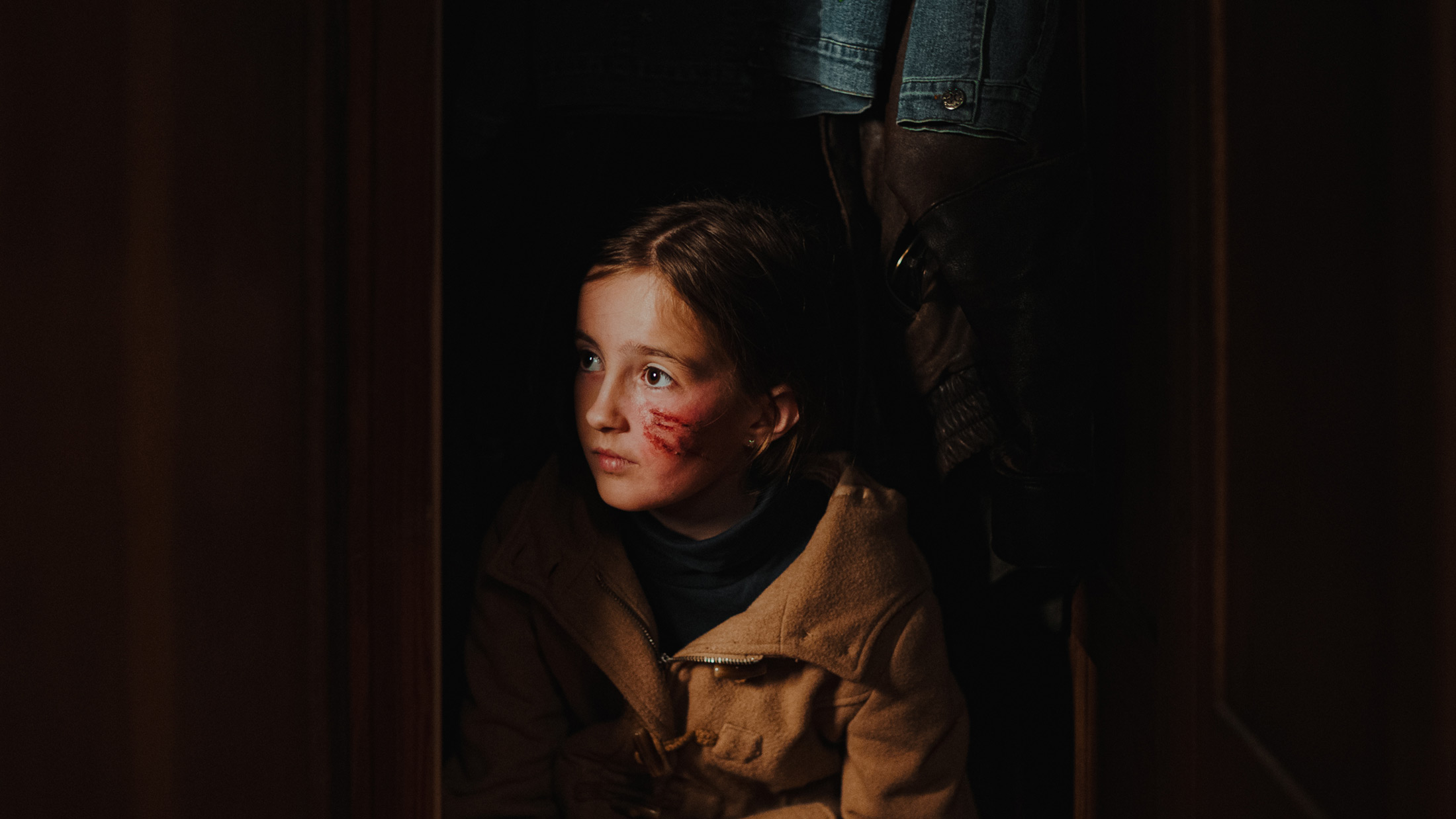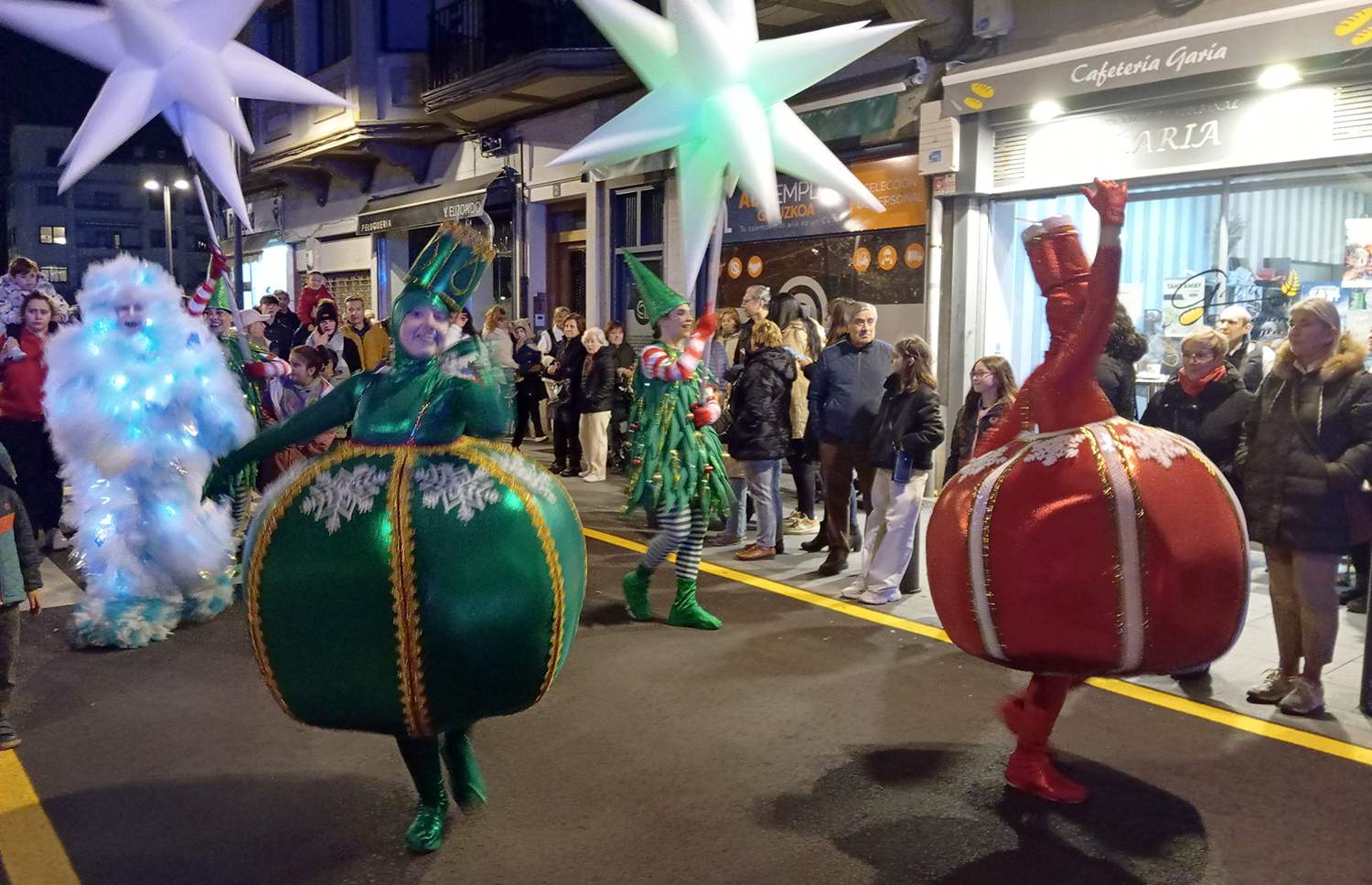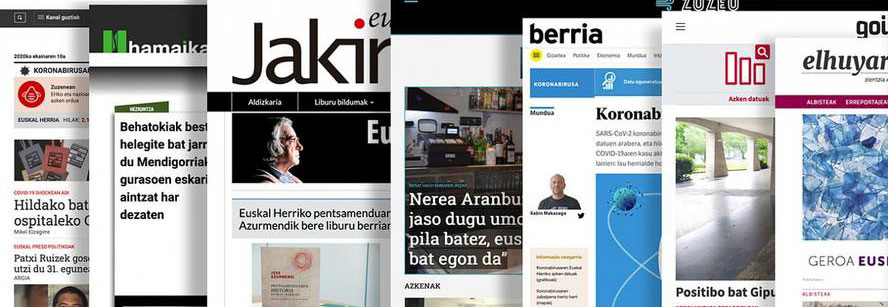The Arnasa Dezagun project calls for Euskaldunes of the Castellanoparlantes areas “not to be dispersed” in school
- The group of parents has denounced that boys and girls "refuse" to speak in Basque to each other because they are scattered in several classrooms. Children are learning in model D. From their homes they want the Vasco-speakers to join together and ask for resources to strengthen the Basque of the Castellanoparlantes.

The Basque fathers and mothers of the Castilian and Spanish peoples have created the Arnasa dezagun project to denounce that their sons and daughters, despite having studied in model D, do not have the possibility to speak in Basque and ask for solutions: they want those who speak Basque to join the schools. “It is urgent that Euskaldunes children meet and facilitate their relationship, without leaving aside Castilian and Spanish children.” Fathers and mothers have warned that in the Castilian speaking areas all Basque boys and girls “are lost”, because the Vascoparlantes are castilian and the Castilian speaking ones do not receive the Basque. “It is logical that in the Basque School the axis of diversity and inclusion be the Basque,” they stressed.
They have asked the school administrators in Model D and the policy makers to find a solution to the problem. They want to ensure the existence of “functional respiratory areas”, that is, that children develop “comfortable” activities in Euskera. In fact, they have denounced that boys and girls necessarily “marginalize” the Basque country, “for fear of integration or acceptance problems”; according to the parents, the objective of model D “is frustrated”. In addition, they have requested resources to promote the use of Euskera among Castilian children from their homes and to facilitate its use.
A more Euskaldun context
They have denounced that the presence of the Basque Country also outside the school is "zero" and have pointed out that in all children's activities the use of the Basque Country must be guaranteed so that they can do it "with naturalness and comfort": “The screens are essential in Basque, the sport in Basque, the linguistic landscape in Basque, etc.”
Organisers have called on citizens and agents to support the Arnasa dezagun initiative and have signed the manifesto on the website arnasdezagun.eus. They have reported that 158 renowned personalities from Euskal Herria have already given their support, including teachers, journalists, bertsolaris, athletes and Euskaltzales, among others. In total, nearly 800 signatures in support of the initiative have been collected.
If you want to know more about the topic, read the report published by Miel Anjel Elustondo in ARGIA: "The children who bring Euskera home in the same class or scattered? ".
The issue of aid for Basque learning is really confusing. The citizen who wants to learn Basque must go to more than one window to know how much the course he wants to take and where, how and when he will get the grants. Because it still costs money to study, nothing is free... [+]
Over the past few weeks I have had these two books in my hands: The space of reflection in Basque (Euskaltzaindia, 2024) and Mariano Ferrer, reflexive journalism. Journalism and commitment (Erein, 2023) . I have read that 42.2% of Basques see ETB1 and 20.6% read the Basque... [+]








